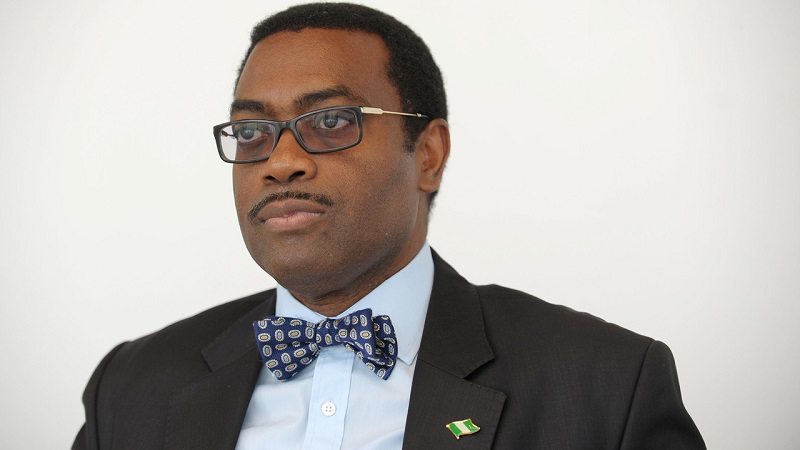BY JACINTA ENEJE
The economies of Nigeria and other African countries require at least $432 billion to effectively gain full recovery from the coronavirus pandemic, the African Development Bank (AfDB), through its president, Akinwunmi Adesina, has said.
The leading African multilateral development finance institution also predicted that the continent’s economic growth will be sluggish for the year 2022, in a message Adesina delivered at the AfDB annual general meeting in Abidjan, Ivory Coast.

“The recovery for Africa will be very costly. Africa will need at least $432 billion to address the effects of Covid-19 on its economies plus on the lives of its people, resources that it does not have. The measures taken already by the global community, especially the Debt Service Suspension Initiative, the G20 Common Framework for Debt Treatments, and the issuance of the $650 billion Special Drawing Rights by the @IMFNews, have all helped,” Akinwunmi disclosed.
The covid-19 pandemic has brought about sluggish growth in the economic output of some countries in the continent. This slow but negative growth was principally driven by the slump in the level of productive activities resulting from the effect of the pandemic.
However, in the case of Nigeria there had been a recession after two consecutive quarters of negative growth. But recent data from the National Bureau of Statistics (NBS) has shown sustained growth in the national output for six consecutive quarters to 3.1 percent year on year in the first quarter of 2022, from 3.98 percent in 2021, although, still a drag by the 26 percent year on year negative growth in the oil sector.
On the outlook for the year 2022, the AfDB projects that there will likely be a 4.1 percent growth for the continent in 2022 following the strong rebound in the real gross domestic product of the continent to 6.9 percent in 2021 in comparison with the proposed outcome for this year. Moreover, the bank highlighted the crippling effect of the pandemic and the Russo-Ukrainian crisis as significant reasons for the slow growth.








